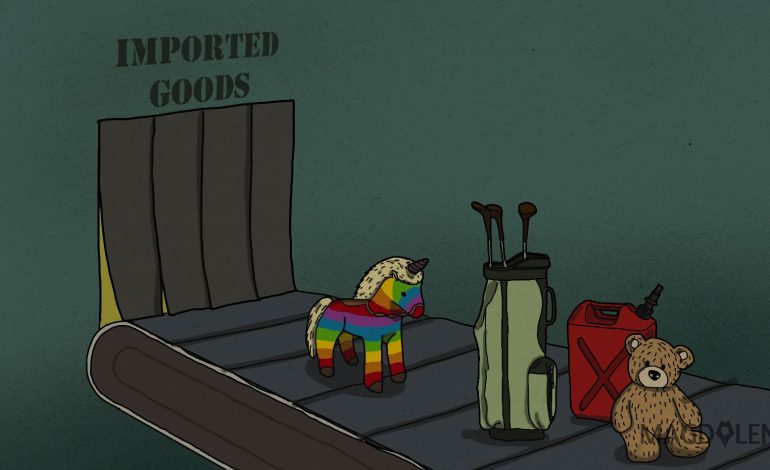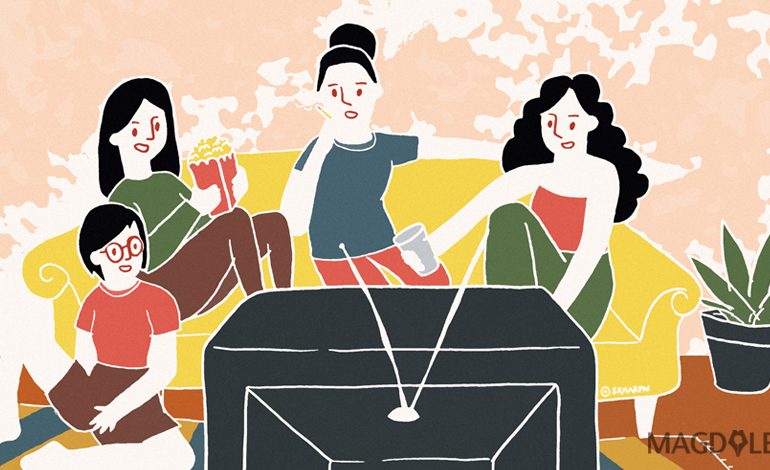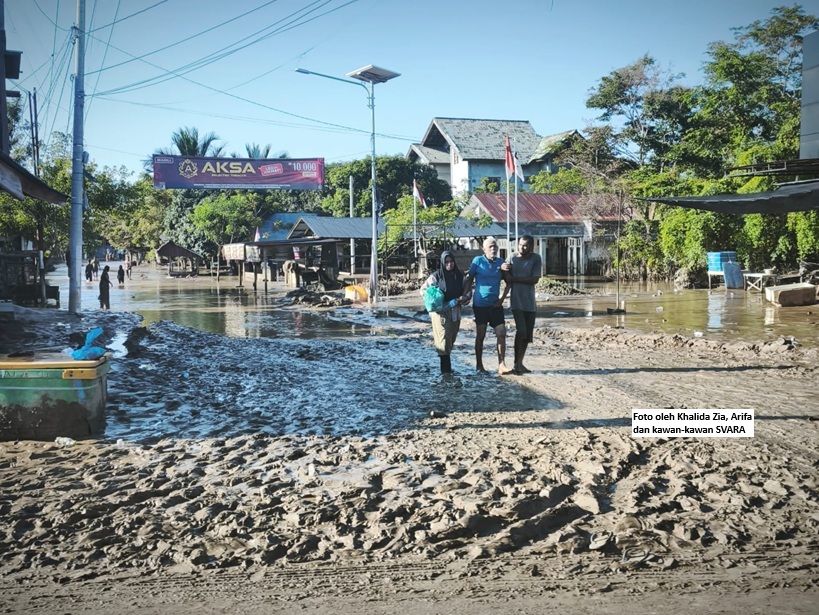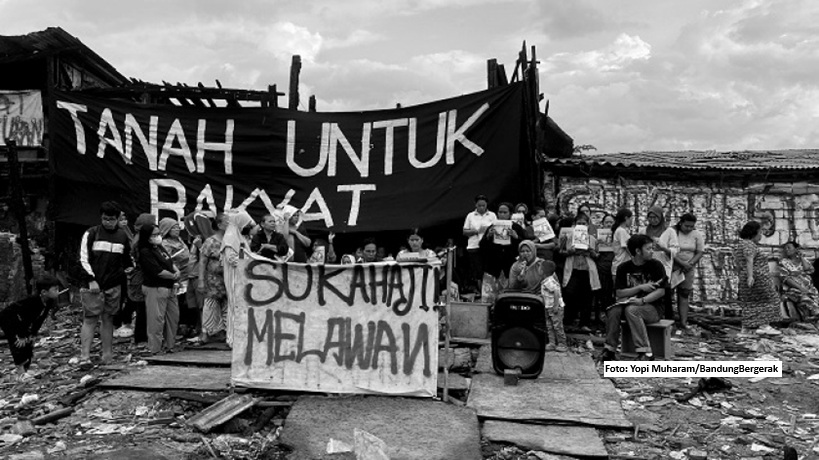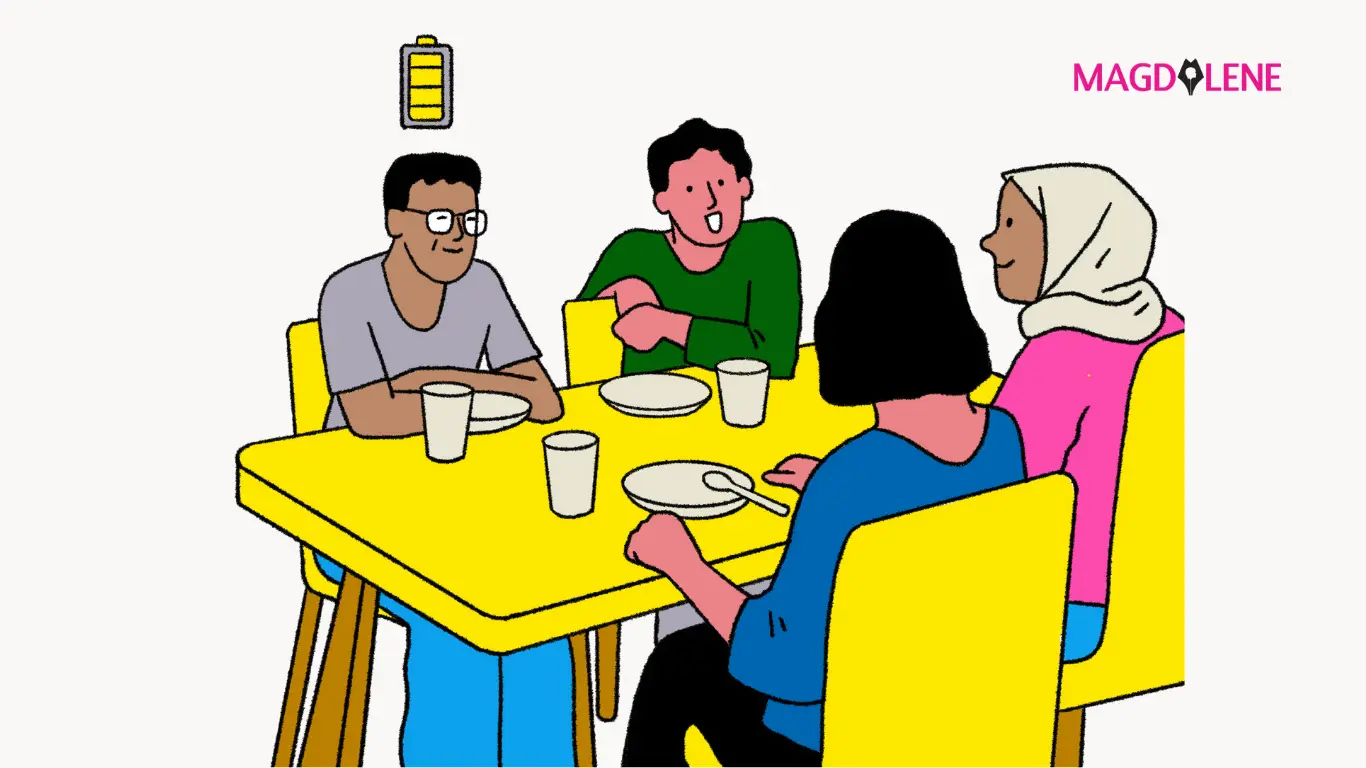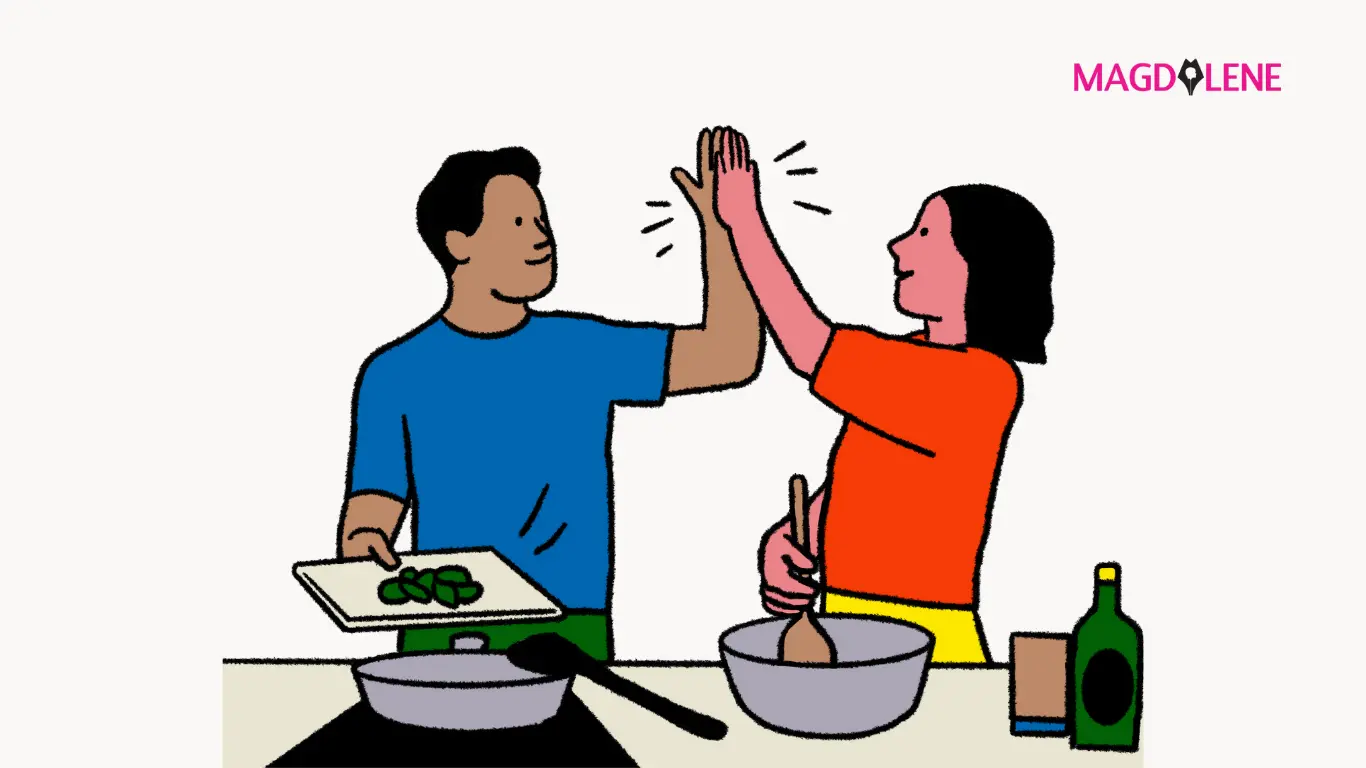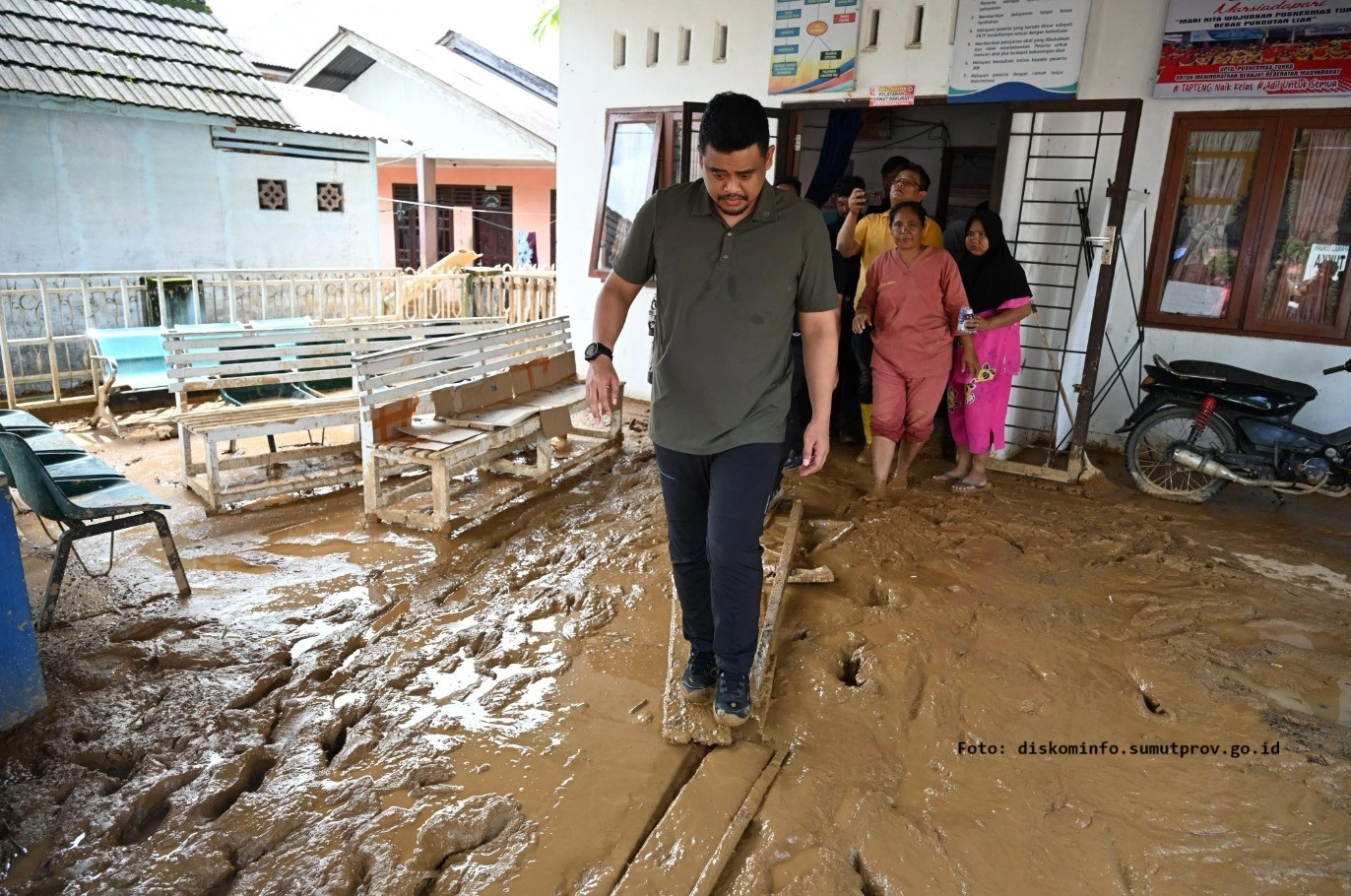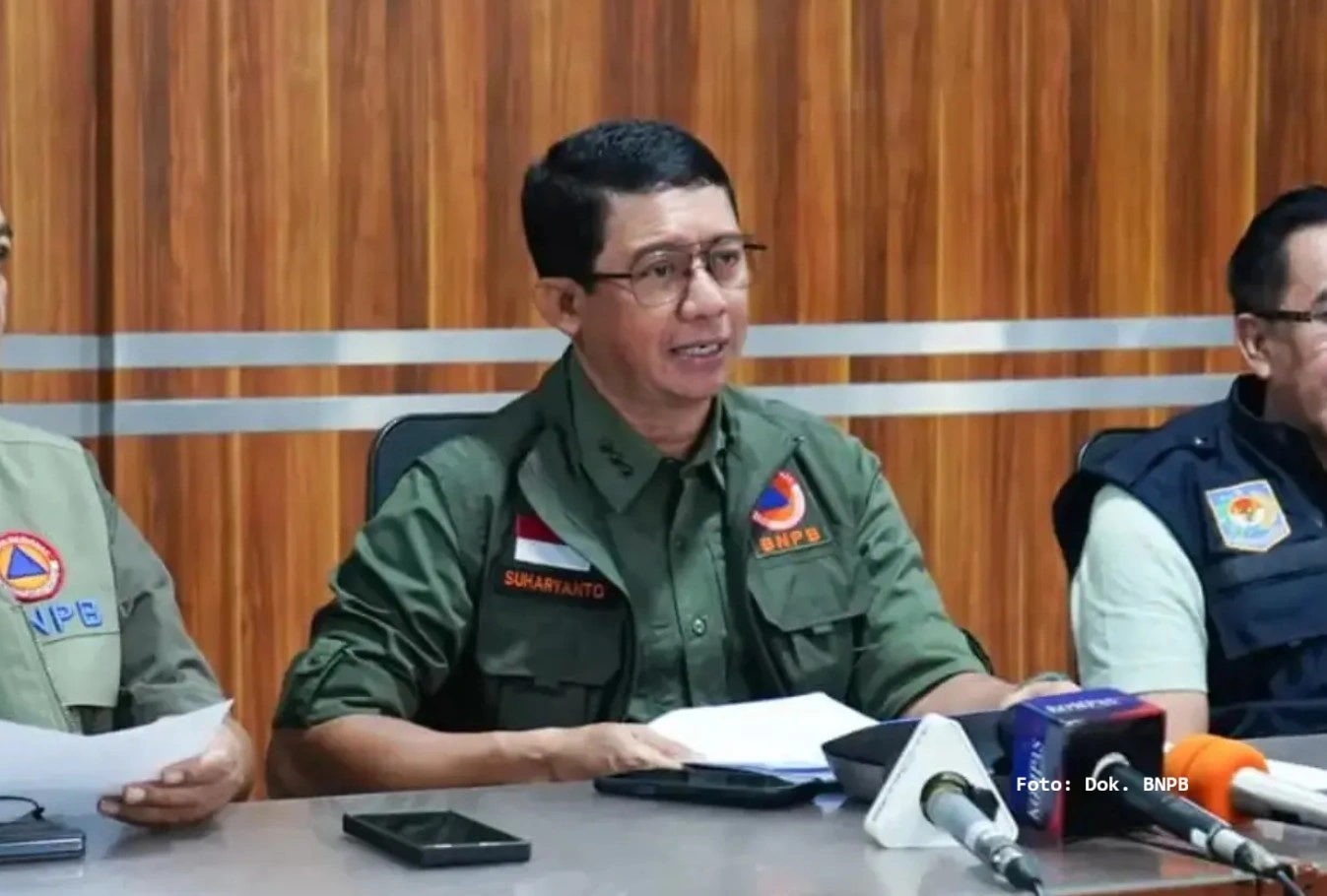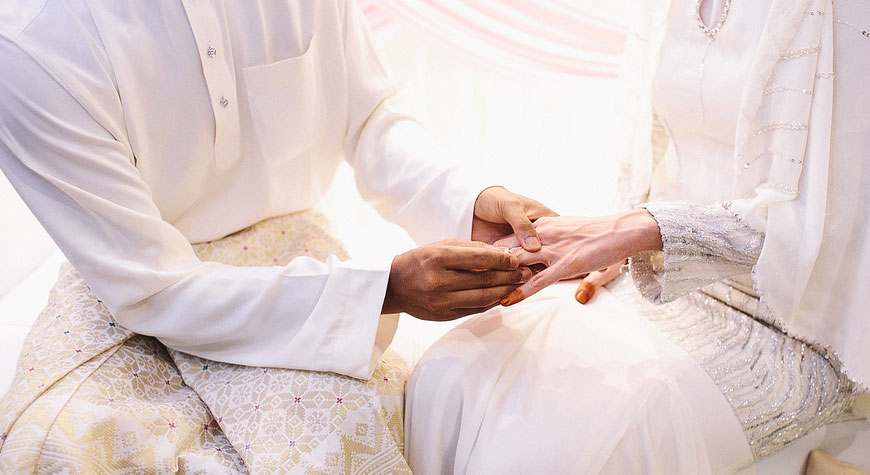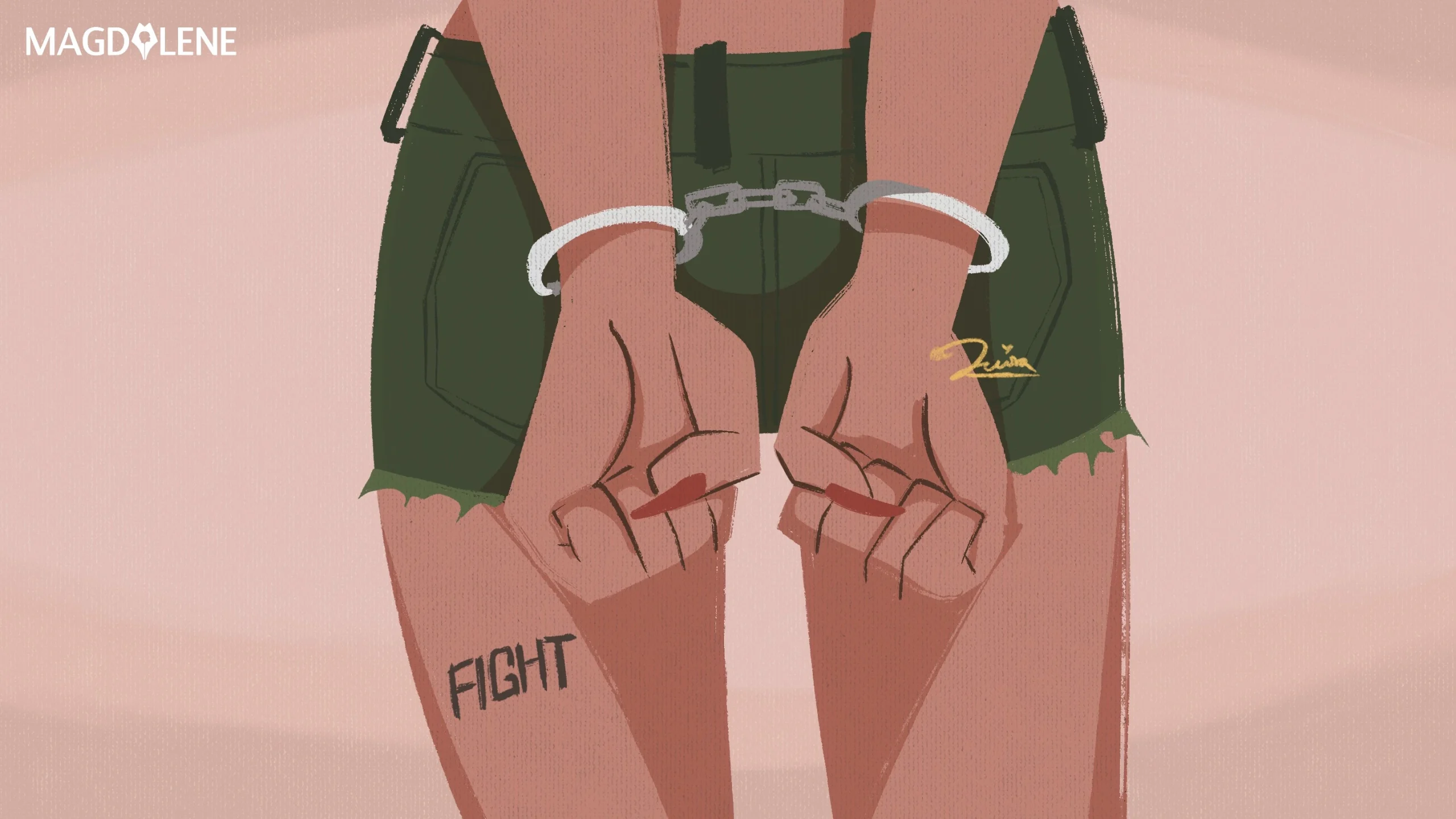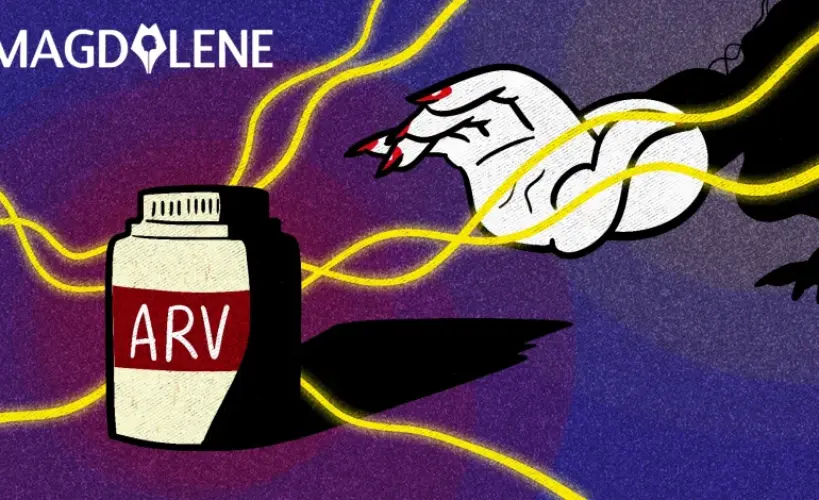“Watch What You Wear!” My Asian Games Volunteering Experience
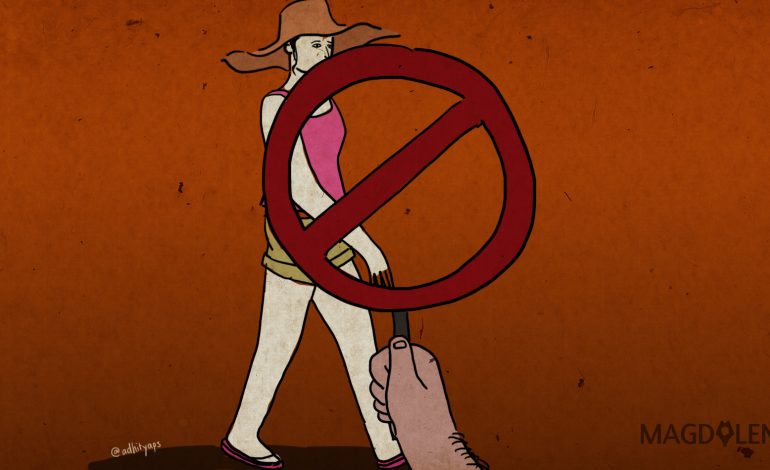
It was the last week of the 2018 Asian Games and I was working as a liaison officer for Pakistan’s rugby team. As an international volunteer, I was living in the Athlete Village along with the athletes. My job as a liaison officer meant working indefinite hours.
On that day, my team had their practice in the afternoon, so I had spent the entire morning just relaxing in my room. By midday though, I had grown extremely hungry. As food was ridiculously expensive inside the Village, I decided to order food from outside. When my order had arrived, I threw on a shirt, a pair of denim shorts, and my Asian Games jacket and walked to the front gate to pick up my order. Little did I know my casual outfit of choice would land me in hot water.
As I was getting my pizza at the front gate, I was stopped by a fellow volunteer who asked why I wasn’t wearing my uniform and why I was in shorts. I explained how I was off-duty and how the shorts I was wearing were the only clean clothes I had. Without saying anything else, she grabbed my accreditation card from around my neck and took a picture of it with her phone. She told me she was making a report and left before I could even protest.
The next morning, before I left for work, I was called into my coordinator’s room to discuss the events of the previous day. She explained to me how I shouldn’t have been wearing what I was wearing. She listed the reasons: ranging from the risk of offending athletes to sexual harassment. She warned me not to cause provocation adding that there were only four days left of the Games and how it would be a shame if anything were to happen in the short remaining span of time.
I wanted to say so much in that moment, but I stopped myself before the words came pouring out. I was running late. I had a team to take care off. I had a job to do. I knew arguing wouldn’t do me any favors, so I nodded along in agreement, smiled politely, and left to continue my day like everything was fine.
Everything wasn’t fine though. And everything still isn’t fine.
You see, I am fine with being told I am not able to wear something. What I am not fine with is being told I am not able to wear something without a good and valid reason. I will take “a lack of professionalism” as a valid reason. I will take “respecting certain cultures and a risk of offending athletes from ultra-conservative nations” as a valid reason. I will even take “a risk of making my fellow volunteers jealous and ruining the esprit de corps” as a valid reason.
However, I refuse to be scolded for wearing shorts while off-duty on the basis of sexual harassment. Women in society are constantly policed over their clothing choices and sexual harassment, and assault is always used as a reason why they need to be. Women are told that by dressing “modestly” they will avoid harassment, assault, and rape, although study after study proves that clothing choice does nothing to prevent such crimes.
I was hurt that my coordinator stated sexual harassment as a reason I shouldn’t have been wearing what I was wearing. In that moment, I was made to feel that if I were to be sexually harassed, it would’ve been because of my clothing choice and it would’ve been my fault. It would’ve been my fault for “provoking” my harasser and it would’ve been my fault for prompting a scandal in the very last days of the Games. I am sure it wasn’t my coordinator’s intention to make me feel that way, but that was how I felt.
As disappointed as I was that my coordinator brought up sexual harassment, I understood why she did it. She, being my coordinator, had my safety in mind. Sexual assault and misconduct are huge problems during major international sports events. During the 2014 Asian Games held in Incheon, an Iranian official was jailed for sexual harassment after inappropriately touching a volunteer. During the 2016 Rio Olympics, a Moroccan boxer was arrested for attempting to rape two female waiters in the Olympic Village. During the 2018 Commonwealth Games, a member of the Mauritian entourage was charged with assaulting an athlete.
In all these instances though (as in all instances of sexual harassment and assault), the abuse had nothing to do with what the victims were wearing. Sexual harassment is about power. It happens when people in positions of power abuse their power to take advantage of those weaker than them.
Indonesia will host many more international sporting events in its future. Moving forward, it is important that we are able to keep people safe when we host such events, but in doing so, we must be careful with the words that we use, making sure not to spread the narrative of victim blaming that is so pervasive in this country. Indonesia is a nation plagued by rape culture. I hope hosting the Asian Games reminds us that we cannot just work to prevent sexual harassment during major sporting events when the world’s eyes are upon us, but we must also tirelessly work to stop it in all corners of our society.
Azalea Johannes is currently spending her gap year in Indonesia trying to figure out what the hell she wants to do with her life. She feels most at home when speaking Englonesian.

